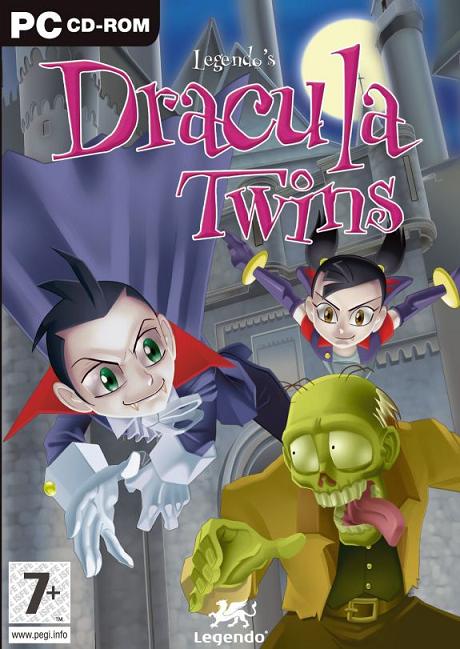| Date: 08 May 2011, 01:35
|
1st link - LIT format made by Ken Mattern.
2nd link - PDF version, designed and published by Planet PDF.
3rd link - PDF version, publication of the Pennsylvania State University.
Dracula is an 1897 novel by Irish author Bram Stoker, featuring as its primary character the vampire Count Dracula. Dracula has been attributed to many literary genres including horror fiction, the gothic novel and invasion literature. Structurally it is an epistolary novel, that is, told as a series of diary entries and letters. Literary critics have examined many themes in the novel, such as the role of women in Victorian culture, conventional and repressed sexuality, immigration, post-colonialism and folklore. Although Stoker did not invent the vampire, the novel's influence on the popularity of vampires has been singularly responsible for many theatrical and film interpretations throughout the 20th and 21st centuries.
Novel background
Between 1879 and 1898 Stoker was business manager for the world-famous Lyceum Theatre in London, where he supplemented his income by writing a large number of sensational novels, his most famous being the vampire tale Dracula published on May 18, 1897. Parts of it are set around the town of Whitby, where he was living at the time. Throughout the 1880s and 1890s, authors such as H. Rider Haggard, Rudyard Kipling, Robert Louis Stevenson, Arthur Conan Doyle, and H.G. Wells wrote many tales in which fantastic creatures threatened the British Empire. Invasion literature was at a peak, and Stoker's formula of an invasion of England by continental European influences was by 1897 very familiar to readers of fantastic adventure stories. The novel is more important for modern readers than contemporary Victorian readers, who enjoyed it as a good adventure story; it would not reach its iconic legend status until later in the 20th century.
Before writing Dracula, Stoker spent seven years researching European folklore and stories of vampires, being most influenced by Emily Gerard's 1885 essay "Transylvania Superstitions", and an evening spent talking about Balkan superstitions with Arminius Vambery. Though the most famous vampire novel ever, Dracula was not the first. It was preceded and partly inspired by Sheridan Le Fanu's 1871 "Carmilla", about a lesbian vampire who preys on a lonely young woman. The image of a vampire portrayed as an aristocratic man, like the character of Dracula, was created by John Polidori in "The Vampyre" (1819), during the summer spent with Frankenstein creator Mary Shelley and other friends in 1816. The Lyceum Theatre, where Stoker worked between 1878 and 1898, was headed by the tyrannical actor-manager Henry Irving, who was Stoker's real-life inspiration for Dracula's mannerisms and who Stoker hoped would play Dracula in a stage version. Although Irving never did agree to do a stage version, Dracula's dramatic sweeping gestures and gentlemanly mannerisms drew their living embodiment from Irving.
The Dead Un-Dead was one of Stoker's original titles for Dracula, and up until a few weeks before publication, the manuscript was titled simply The Un-Dead. The name of Stoker's count was originally going to be Count Vampyre, but while doing research, Stoker ran across an intriguing word in the Romanian language: "Dracul", meaning "Devil". There was also a historic figure known as Vlad the Impaler, but whether Stoker based his character on him remains debated (see "Historical connections," below) and is now considered unlikely.
On publication, Dracula had just a moderate success though the novel received great praise from contemporary reviewers. The contemporary Christian World called it the "one of the most enthralling and unique romances ever written" and the theme of good triumphing over evil struck a chord everywhere. Other reviews described it "the sensation of the season" and "the most blood-curdling novel of the paralysed century". The Daily Mail review of June 1, 1897 proclaimed it
PassWord: books_for_all
|
DISCLAIMER:
This site does not store Dracula on its server. We only index and link to Dracula provided by other sites. Please contact the content providers to delete Dracula if any and email us, we'll remove relevant links or contents immediately.
|
 |
|
 Comments (0)
All
Comments (0)
All









